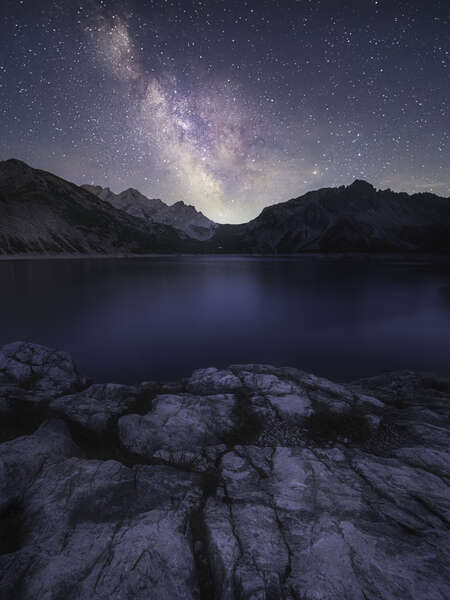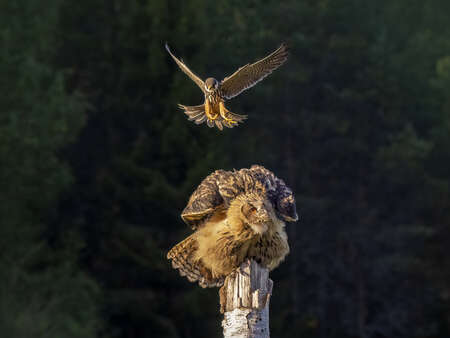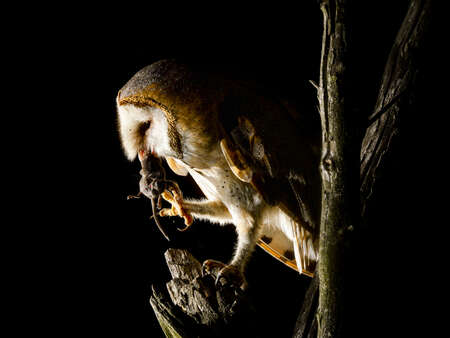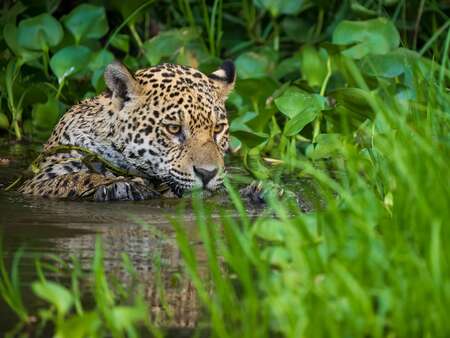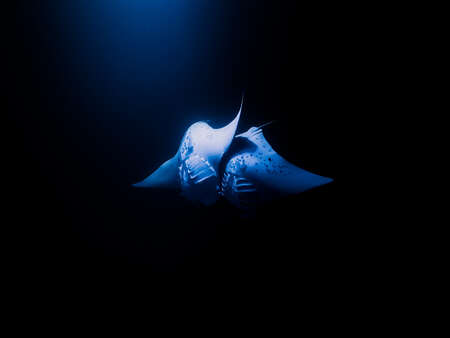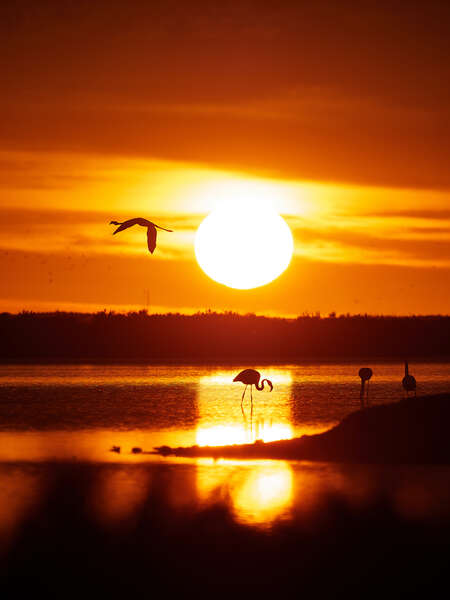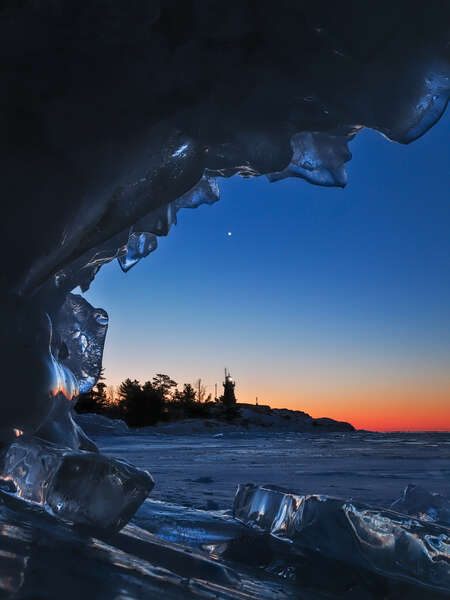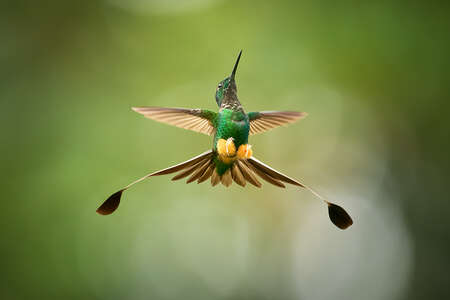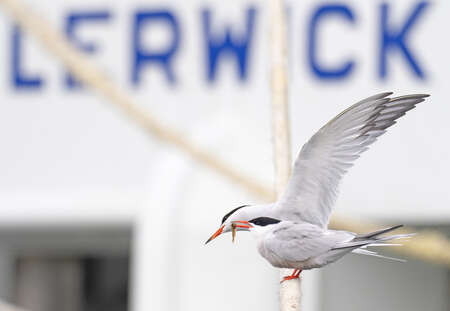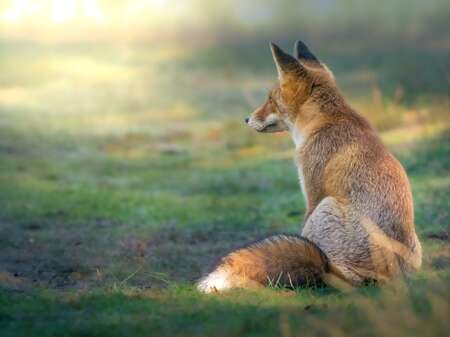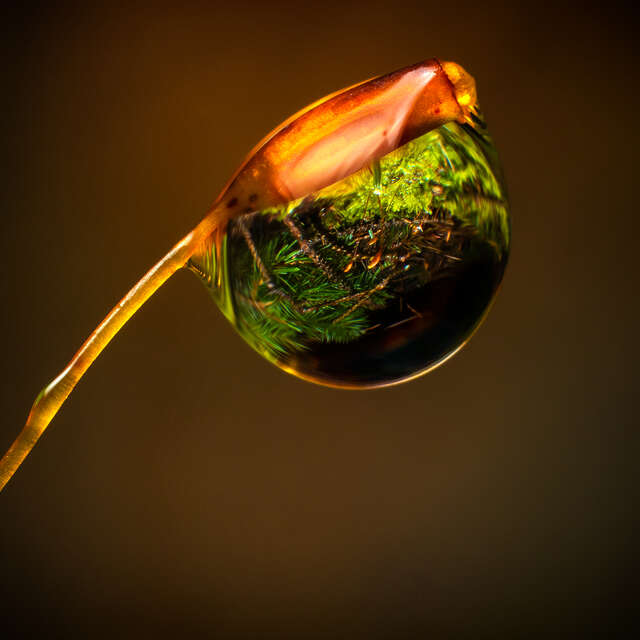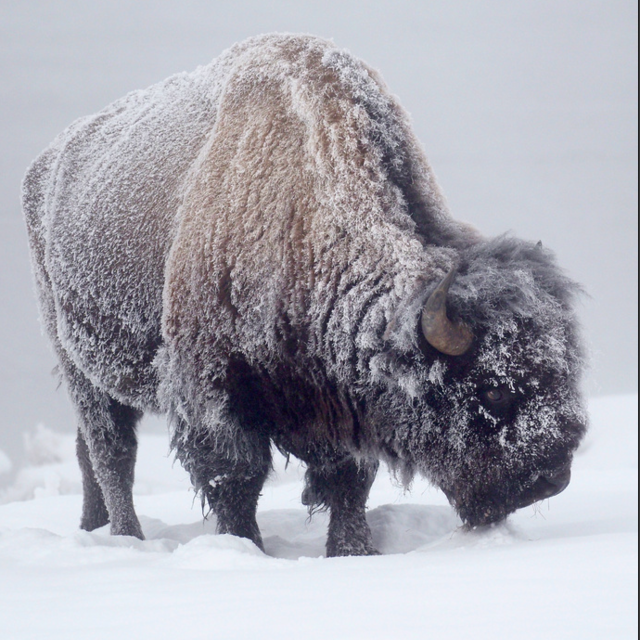Adrien Sutter
Lost in the middle of the Austrian Alps, the day ends by a lake. The sky is empty of any clouds and I am far from sources of light pollution. The conditions are perfect to wait until night to observe and photograph the starry sky.
The camera is in place, the composition is found and the first stars appear. I know I still have to wait for the Milky Way to rise to the center of the image.
For one night, I find myself alone, cut off from time in the middle of the summits and I finally trigger, my eyes riveted towards the immensity and infinity that are offered above me.
Jari Peltomaki
I was photographing an Eagle Owl family from Finnature forest feeder hide. In the morning light this Hobby suddenly appeared from nowhere and started to mob the young Eagle Owl. This only happened twice and situations were so quick, that I missed the first action!
I quickly selected ProCapture SH2 shooting mode from one of the memory places and half pressed the shutter. When I saw Hobby mobbing again, I pressed the shutter release all the way down and I was sure I got the image!
Lukasz Bozycki
The barn owl is famous for flying in a completely silent manner. Thanks to its special dampers, tiny serrations and a fringe on its feathers, the air flows around the wing without turbulence, therefore no sound is produced.
Nocturnal rodents have no chance of hearing it, which is why this beautiful owl is such an efficient predator. The photo was taken in complete darkness after a week of sleepless nights, numerous attempts and failures.
Marisa Martinez
This year I was lucky enough to observe and photograph for the first time the jaguar, a feline that loves water, a medium that fascinates me, because water is life, because underwater I discovered my true passion for photography and for the dynamism it brings to my images. I discovered that this beautiful animal can swim long distances... A water enthusiast like me!
Matt Horspool
During a recent photography campaign for Hawaii Tourism Oceania, we were fortunate to embark on a night dive with Manta Rays. The experience was made even more special by our method of transportation out to the dive site; a traditional outrigger canoe operated by Anelakai Adventures and propelled only by oars.
The high-powered lights underneath the canoes attract phytoplankton which in turn attracts the rays. On this particular encounter, we were lucky to swim with up to 7 at a time which was truly magical. This is one of my favorite shots from the night when two rays began an underwater ballet with each other, twirling effortlessly and silently between light and shadow.
Patrick Scholz
One of my highlight pictures was taken this year at Cadiz in Spain. For a few days I had seen the flamingos wading through the salt pans, and in large flocks roaming along the sky.
When the weather promised a beautiful sunset, I went by bike in search of a suitable photo spot. Many swallowed and inhaled mosquitoes – buzzing over the lagoons in indescribable quantities – later, I found a place, strapped the 300mm lens to the camera and constantly jumped back and forth to position the constantly wading flamingos perfectly in the reflected light of the sun.
In the end, I was more than rewarded when another flamingo flew through the picture at just the right moment!
Peter Baumgarten
My favorite photo of the year was captured back in February when I was testing out the new OM-1. I awoke early in the hope of photographing a brilliant sunrise. My goal was to shoot this lighthouse but was disappointed to see clear skies. In order to add some interest to the sky I opted to frame it with a frozen “wave of ice” that had formed along the shore. In order to maximize my depth of field I enabled the focus stacking feature in the OM-1. I love the rich colors and how the ice plays with the early morning light.
Petr Bambousek
Hummingbirds need nectar to live, so it's only natural that they actively protect their energy source. The moment another individual appeared in the Booted Rocket-tail's territory, the male immediately took off to chase it away. At that moment, he spread his decorative tail feathers in warning, which optically increased the dimensions of this rather small species. Everything happened in a fraction of a second, and the new focusing system on the OM-1 with bird detection helped me a lot to capture the moment. It worked exactly the way I wished and one of the pictures from the whole serie shows the hummingbird in all its glory.
Rebecca Nason
In June, Lerwick Harbour is alive with returning seabirds, and Common Terns, of which there are far fewer, arrive back before the majority of Arctic terns. The harbour front is the best place to view them as they rest up after their mammoth migration and feed on the plentiful small shoals on fish in the harbour shallows. Keen to obtain more urban style ship backdrops to my images, I headed out to try and find some suitable subject matter amongst the bow to stern congregation of pelagic vessels in one busy pier. There were a few single terns, using ships ropes to fish from and one was at the stern of a massive Pelagic Lerwick-based vessel with huge blue writing along the back. Many times the tern retuned to the ropes but at far from ideal angles or height. Eventually it landed at the juxtaposition of two ropes, and started calling loudly. Suddenly another tern came in like lightning from the side with a small fish and raised it's wings up and head tilted in display mode after the gift pass-over.
The OM-1 is so lightweight, the bird recognition and auto-focus so reliable and so fast, taking this kind of spontaneous action shot becomes effortless and incredibly enjoyable.
Tom Reuvers
You don't see a fox in a resting position very often. I was happy to get this opportunity during a long walk. With my 300mm PRO lens and 1.4 teleconverter I was able to keep some distance so I wouldn't disturb this fantastic animal. And then that light. It fell into place perfectly.
